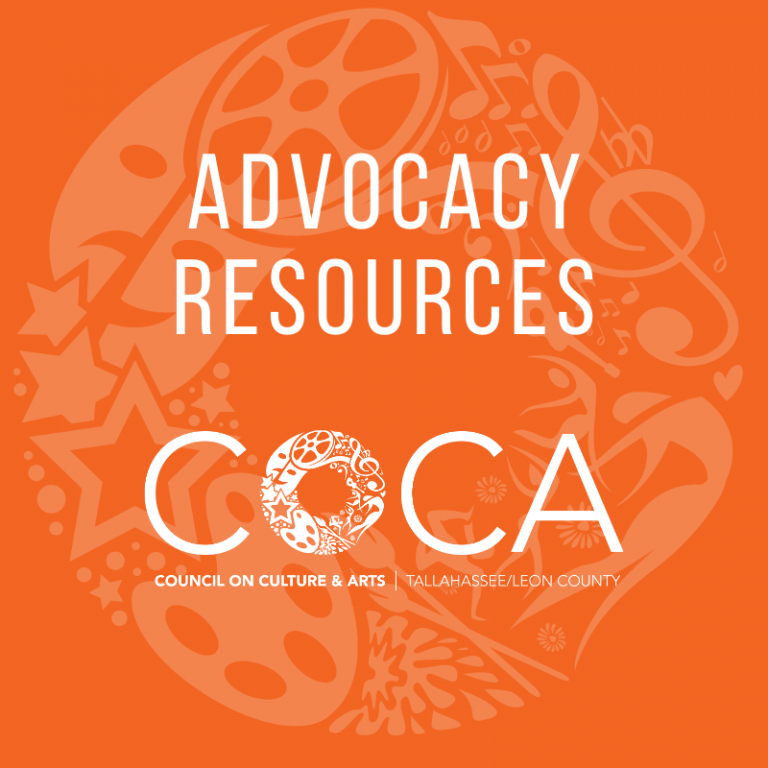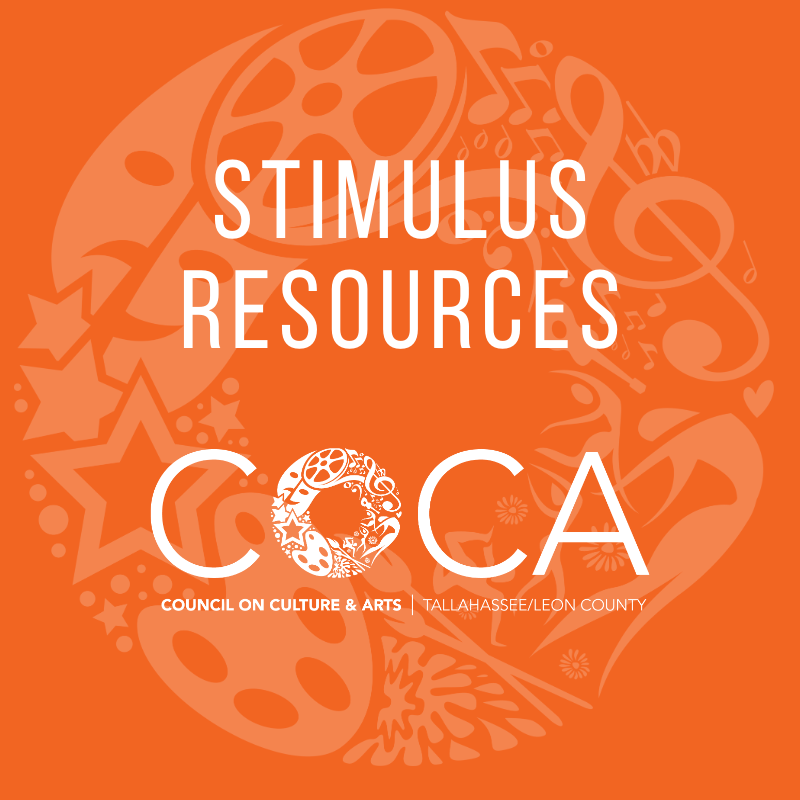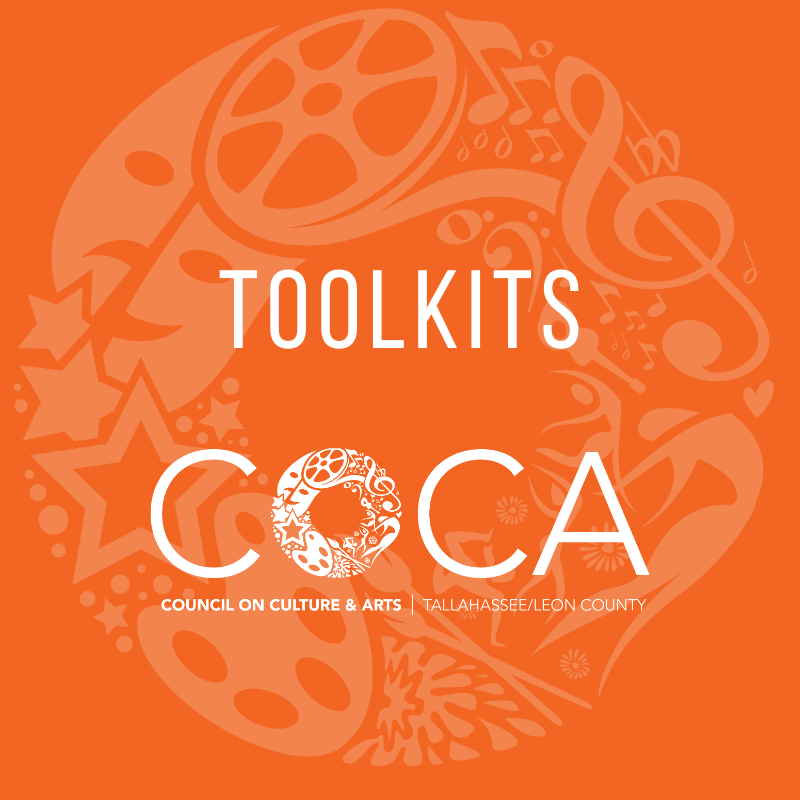Funding Available for USA Nonprofits, Agencies, Tribes, and IHEs to Explore the Role of Arts in American Life

NEA Research Grants in the Arts
Grants are available to USA nonprofit organizations, government agencies, tribes, and IHEs to explore the impact and value of the arts in American life. Applicants are advised that the required online registration may take several weeks to complete. Applications are welcome from a wide variety of research fields, including but not limited to economics; psychology; education; sociology; medicine, health, and therapy; communications; business administration; and urban and regional planning. Research Grants in the Arts support research studies that investigate the value and/or impact of the arts, either as individual components of the U.S. arts ecosystem or as they interact with each other and/or with other domains of American life.
Part one of the application is due March 25th, 2024. Part two of the application is due April 4th, 2024.
Grant Eligibility:
- Each priority area is accompanied by sample research questions. The questions are intended as guideposts. From FY 2022 through FY 2026, NEA will welcome research proposals in all four priority areas, even if the topics of inquiry differ from the research questions shown here. It is also possible that individual research proposals will combine questions from more than one research topic. This, too, will be allowed under future research grant application guidelines. Even while advancing these priority areas, the NEA will put a premium on studies that generate products, tools, or services likely to be used by arts practitioners, by policymakers, or by other researchers.
- Research Area #1: The Arts’ Impacts on Health, Education, and the Economy: The NEA will continue to invite and support experimental and quasi-experimental research proposals that aim to test causal relationships between the arts and various outcome areas in health and human development and in economic growth and innovation.
- Research Area #2: The Arts’ Role in Community Transformation and Healing: Beyond seeking to understand and promote individual-level health outcomes associated with the arts, the NEA will encourage research proposals that examine the arts’ contributions to community health and resilience, greater livability in neighborhoods, social cohesion, and collective action. For this topic area, the NEA will invite a range of study designs and methodologies, especially community participatory research approaches.
- Research Area #3: Diversity, Equity, Inclusion, and Accessibility in the Arts: As stated in the NEA’s mission, the agency “fosters and sustains an environment in which the arts belong to the everyone in the United States.” Central to this mission is the need to support evidence collection and sharing about practices and programs to achieve diversity, equity, inclusion, and accessibility in the arts. For this topic area, the NEA will invite a range of study designs and methodologies, especially community participatory research approaches.
- Research Area #4: The Evolving Ecosystem of the Arts in the U.S.: Rapid societal changes that have occurred during the COVID-19 pandemic, and deeper-rooted challenges stemming from structural racism, are among several factors affecting the day-to-day work of artists and arts organizations, and public participation in the arts. Also, technological advances in the creation and distribution of art—and barriers to accessing such resources—have redrawn the contours of arts engagement, as have demographic trends in the U.S. population. For this topic area, the NEA will invite a range of study designs and methodologies.
- Projects supported under this program must include data analysis activities that occur during the period of performance, and can include either primary and/or secondary/archival data sources.
For more information, or to apply, click here.





